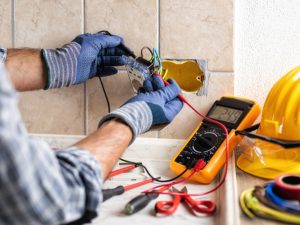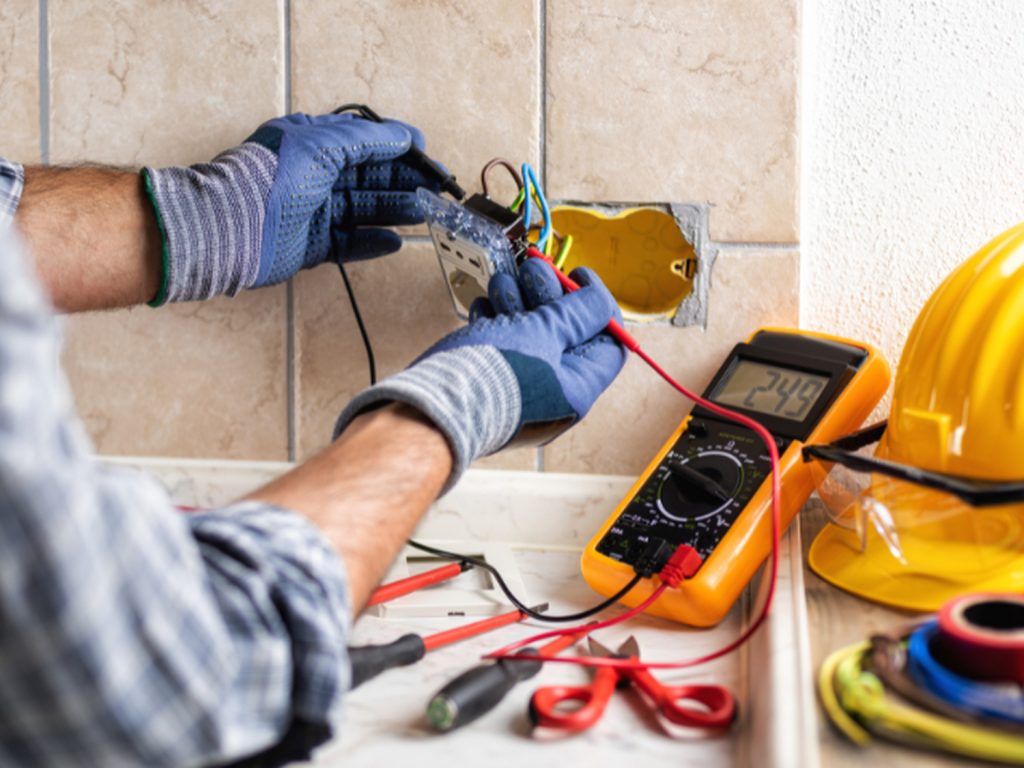An electric boiler is a central heating device. The electric boiler produces heat by heating water with electricity. This contrasts with other combustion boilers that burn wood, fuel oil, or gas. Although the electric boiler is the most expensive, it’s more suitable for heating small spaces.
What is the working principle of an electric boiler?
The principle of an electric boiler, like all boilers, is to heat water using heated water. It heats water by heating it with resistors. The electric boiler heats water without using any fuel, such as wood, gas, or fuel. It uses another energy, which is electricity.
There are many models of electric boilers.
Wall-mounted electric boiler
This type of electric boiler can be easily mounted on a wall, as its name implies. This electric boiler is lightweight and compact and takes up very little space. It can be placed in any house room, including a bathroom or kitchen. It can also be hidden in a formwork due to its small footprint. It must be accessible in case of emergency.
With its 30KW power, the wall-mounted electric boiler is better suited to heating a smaller house of less than 100m2.
The electric boiler is on the ground.
This electric boiler model is larger than the wall. It is easier to install because it is larger than the wall. It can heat large areas better because it is more powerful (upto 70KW or more).
Combining the electric boiler with domestic hot water production
An electric boiler can heat the house and also produce hot water. In this instance, it is composed of two heating bodies (or tanks). One tank is used for heating, and the other for heating water you use to wash dishes, clean the house, or take showers.
Consider these factors when selecting an electric boiler.
Its heating power
An electric boiler should have between 20 and 28kW heat 100m2 of space and 25 to 35 kW heat 100m2 of space. This is only an estimate. It would be best to consider several factors to determine the best power for your home.
- The volume of heat that will be used, expressed in cubic metres (by multiplying your floor area by your ceiling height)
- The desired temperature in your house
- The energy consumption coefficient determines the insulation quality (1.6 for well-insulated houses and 2 otherwise).
- The outdoor temperature index (ITE) is dependent on where you live: 15 for mountainous regions, 12 for the north of France and 9 in the Center. Seven are in the south.
- Energy loss (fixed at 1.3)
You can use all of these criteria to determine the power required for your case.
Power = [coefficient de consommation d’energie x (temperature voulue + indice ITE) x volume a chauffer] x energy loss.
Its performance
An electric boiler’s efficiency determines its healing power. This yield must be chosen according to your actual heating needs and your housing type. Because there is no heat loss, it is usually close to 100%.
Its power consumption
The electric boiler has one major disadvantage: it consumes more energy than other boilers. It is important to remember that electricity prices are more likely to rise. It is recommended that central heating systems be installed in well-insulated homes.
The new models of electric boilers, such as the “low temperature” one, allow for savings of up to 15% compared to older models. It requires compatible low-temperature radiators to be installed.









